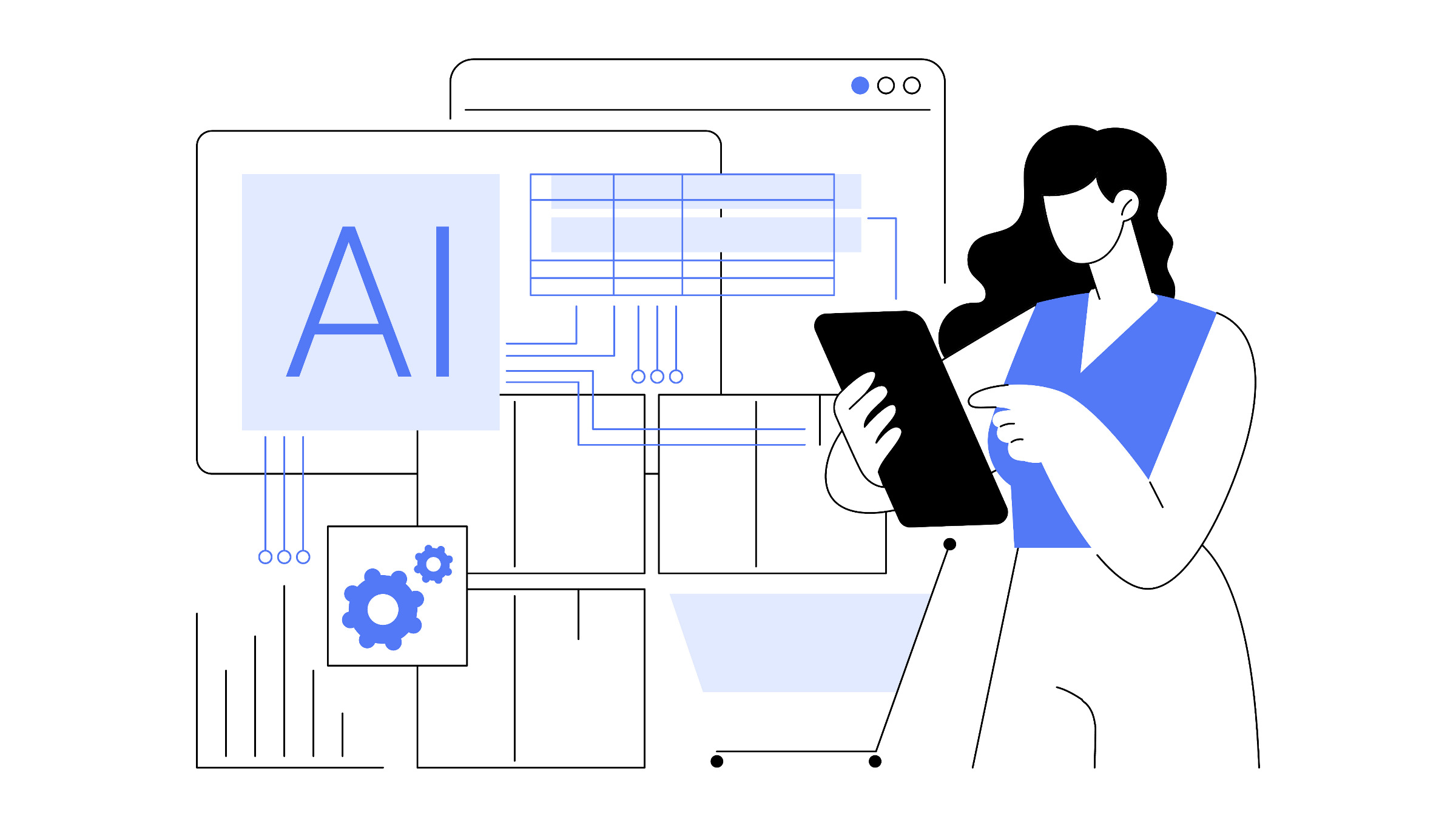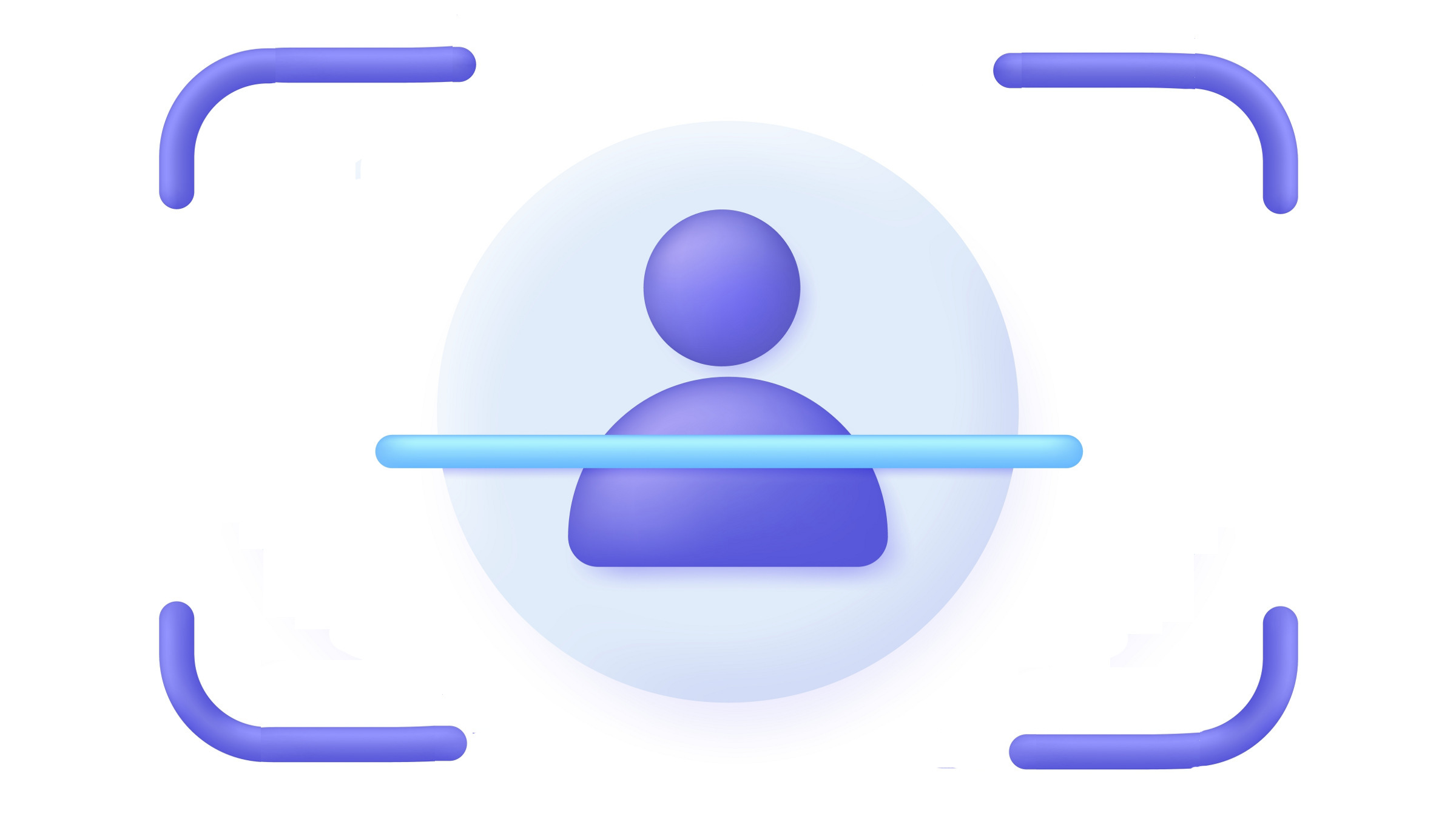
The ACM Fellows Program was established by Council in 1993 to recognize and honor outstanding members of the Association for their achievements in computer science and information technology and for their significant contributions to ACM’s mission. ACM Fellows serve as distinguished colleagues to whom the Association and its members look for guidance and leadership as the world of information technology evolves.
The ACM Council endorsed the establishment of a Fellows Program and provided guidance to the ACM Fellows Committee, taking the view that the program represents a concrete benefit to which any ACM member might aspire, and provides an important source of role models for existing and prospective ACM Members. The program is managed by the ACM Fellows Committee as part of the general ACM Awards program. For details on Fellows nominations, see p. 20.
ACM has recognized 46 of its members for their contributions to computing that have provided fundamental knowledge to the computing field and generated multiple technology advances. These 46 new inductees bring the total number of ACM Fellows to 763. ACM will formally recognize the 2011 Fellows at its annual Awards Banquet on June 16, 2012, in San Francisco, CA.
"These women and men, who are some of the leading thinkers and practitioners in computer science and engineering, are changing how the world lives and works," said ACM President Alain Chesnais. "They have mastered the tools of computing and computer science to address the many significant challenges that confront populations across the globe. These international luminaries are responsible for solutions that are transforming our society for the better—in health care, communications, cybersecurity, robotics, commerce, industry, and entertainment."
ACM Fellows
Serge Abiteboul
INRIA Saclay
Divyakant Agrawal
University of California, Santa Barbara
Ronald M. Baecker
University of Toronto
Thomas J. Ball
Microsoft Research
Guy Blelloch
Carnegie Mellon University
Carl Ebeling
University of Washington
David Eppstein
University of California, Irvine
Geoffrey C. Fox
Indiana University
George W. Furnas
University of Michigan
David K. Gifford
Massachusetts Institute of Technology
Ramesh Govindan
University of Southern California
Baining Guo
Microsoft Research
David Heckerman
Microsoft Research
Gerard J. Holzmann
ASA Jet Propulsion Laboratory
Hugues Hoppe
Microsoft Research
Christian S. Jensen
Aarhus University
Howard J. Karloff
AT&T Labs – Research
Stephen W. Keckler
NVIDIA Corporation/The University of Texas at Austin
Peter B. Key
Microsoft Research
Scott Kirkpatrick
The Hebrew University of Jerusalem
Robert E. Kraut
Carnegie Mellon University
Susan Landau
Harvard University
Ming C. Lin
University of North Carolina at Chapel Hill
Peter S. Magnusson
Google Inc.
Dahlia Malkhi
Microsoft Research
Keith Marzullo
National Science Foundation/University of California, San Diego
Satoshi Matsuoka
Tokyo Institute of Technology
Nelson Max
University of California, Davis
Joseph S.B. Mitchell
Stony Brook University
Shubu Mukherjee
Cavium, Inc.
Beng Chin Ooi
National University of Singapore
Zehra Meral Özsoyoğlu
Case Western Reserve University
Janos Pach
École Polytechnique Fédérale de Lausanne/Renyi Institute/Courant Institute at NYU
Linda Petzold
University of California, Santa Barbara
Martha E. Pollack
University of Michigan
Dan Roth
University of Illinois at Urbana-Champaign
John W. Sanguinetti
Forte Design Systems
Margo Seltzer
Harvard University/Oracle Corporation
Amit Singhal
Google Inc.
Diane L. Souvaine
Tufts University
Divesh Srivastava
AT&T Labs-Research
Dan Suciu
University of Washington
Dean M. Tullsen
University of California, San Diego
Amin Vahdat
University of California, San Diego/Google Inc.
David J. Wetherall
University of Washington
Frank Kenneth Zadeck
L.J. Gonzer Associates/IBM Research (Consultant)



Join the Discussion (0)
Become a Member or Sign In to Post a Comment